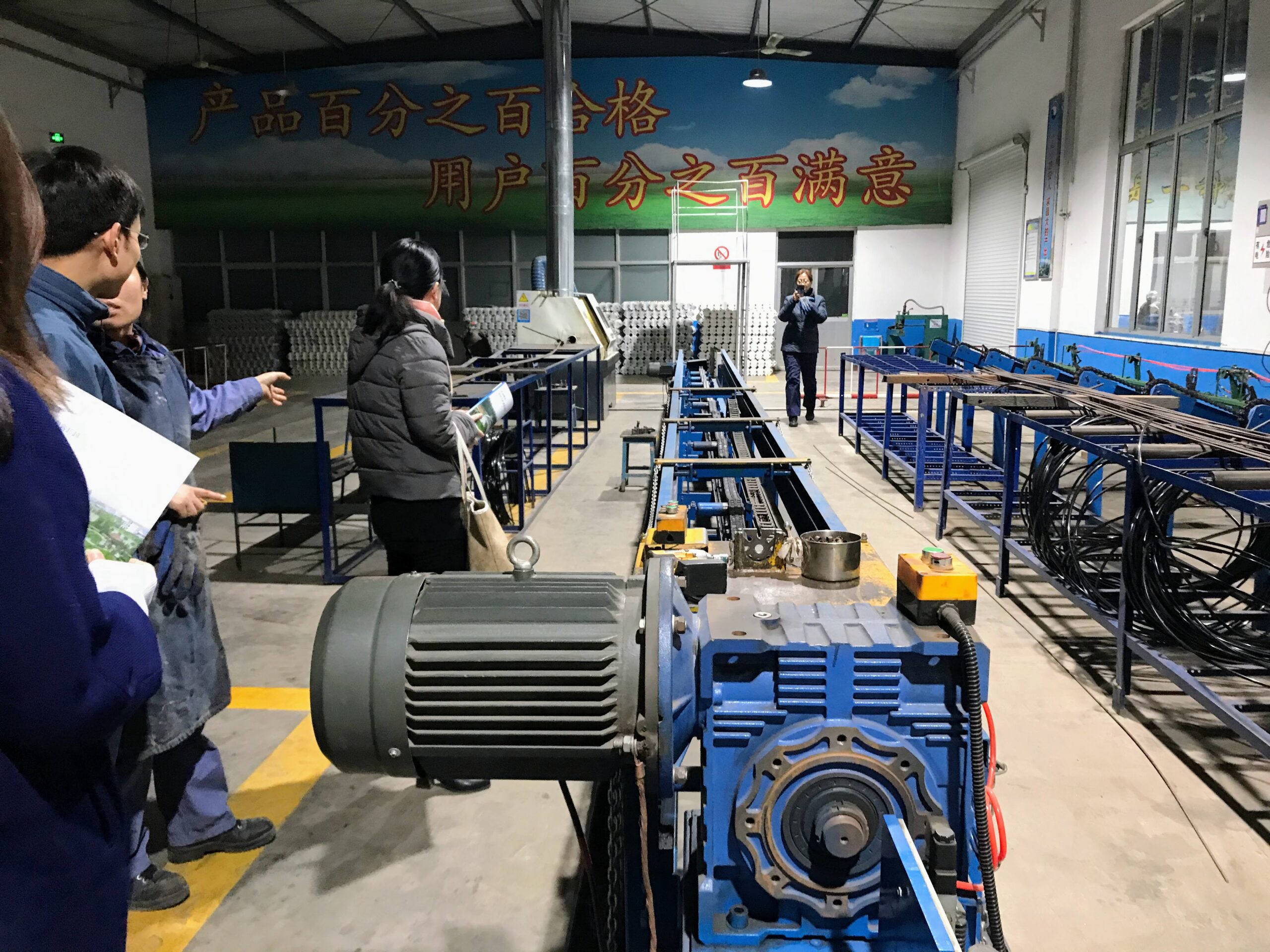I have been long perplexed by this question of whether automation and robots will replace human workers. My intuition is that while they will no doubt replace many jobs, they will also create more jobs in other areas. That intuition was confirmed after I read a paper by Acemoglu, Koster and Ozgen (2023), but the paper taught me much more that.
First, allow me to quote their abstract:
We estimate the effects of robot adoption on firm-level and worker-level outcomes in the Netherlands using a large employer-employee panel dataset spanning 2009-2020. Our firm-level results confirm previous findings, with positive effects on value added and hours worked for robot-adopting firms and negative outcomes on competitors in the same industry. Our worker-level results show that directly-affected workers (e.g., blue-collar workers performing routine or replaceable tasks) face lower earnings and employment rates, while other workers indirectly gain from robot adoption. We also find that the negative effects from competitors’ robot adoption load on directly-affected workers, while other workers benefit from this industry-level robot adoption. Overall, our results highlight the uneven effects of automation on the workforce.
Let’s unpack what this paper does here.
(1) This paper looks at the country level (the Netherlands) as well as at the firm level over a long period of time (from 1990s to 2020s). So any effects they observed, if any, are much more convincing than those that only study a few firms.
(2) Robot-adopting firms are found to increase employment by 4.3%, measured by hours worked. This means that robots and automation does increase productivity and efficiency, and as a response those firms increase their output. But because they use more robots, the resulting share of labor is their output is decreasing.
(3) Non-adopting firms experience a decline in hours worked as robot-adopting firms increase their market share.
(4) Robot adoption hurt “directly-affected” workers at those robot-adopting firms, as those workers’ tasks are being automated and replaced. However, they do not typically lose their jobs. Instead, they have lower wages
(5) On the other hand, as those non-automated tasks expand, those “indirect-affected” workers see their wage rise. They are the main beneficiary of automation.
I very much like this paper because it helps me think deeper on the effects of automation and AI. There are still questions, of course. For example, will automation help the economy stimulate entrepreneurship and create more firms? I will explore this question further.

Leave a Reply
You must be logged in to post a comment.